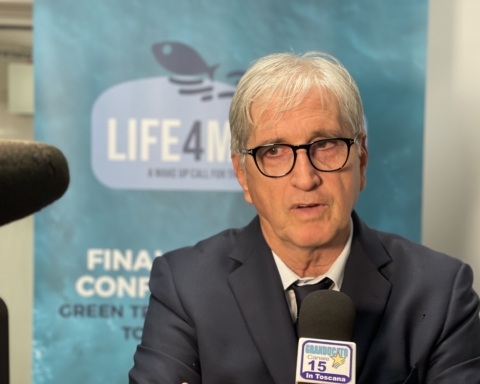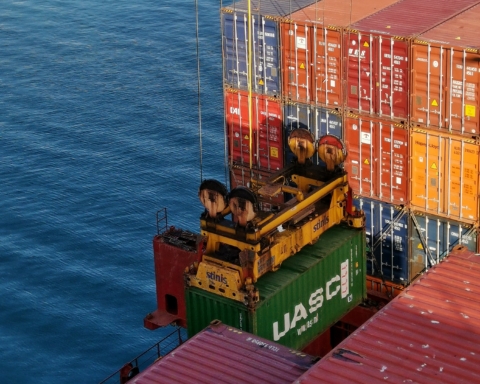The German federal government finally approved the controversial compromise over Chinese shipping company Cosco’s stake in a terminal at the Port of Hamburg. On Wednesday, the German government in fact unblocked the situation, as Hamburger Hafen und Logistik Aktiengesellschaft (HHLA) announced. The Hamburg-based company explained that all issues in the investment appraisal procedure could be clarified together in intense, constructive discussions,
The approval process, which involves Cosco’s acquisition of 24.99% of HHLA’s Tollerort Container Terminal, had recently come to a halt following a decision by the Federal Office for Information Security to register the terminal as a critical infrastructure. A change in classification that had forced the German government to review the agreement with the Chinese company.
Now HHLA has free rein to develop the terminal as a prime location for Cosco. “This is a political, economic act that raises concerns about future medium-to-long-term implications due to security issues arising from Beijing’s influences through its Silk Road programs and the Belt and Road Initiative,” Ambassador Giulio Terzi di Sant’Agata tells Port News. He points out how similar concerns had already been voiced by the German Minister of Economy, Robert Habeck from the Green party, who, despite the important trade relations between Germany and China, had highlighted a certain difference of opinion on the assessments on the acquisition.
“For the past seven years, China has been Germany’s largest business partner, with trade between the two countries reaching 298 billion euros in 2022,” Mr Terzi adds. “To date, China controls 18% of the world’s shipping and 10% of container transport in Europe.”
Maritime transport networks “are not only essential for China for economic development but also for the collection of information and data that flow to a single ‘brain trust,’ the CCP, which unites military and civilian domains,” the former minister of foreign affairs in the Monti government reflects. “International port control is thus an indispensable component of Xi Jinping’s design to bring about a new international order based on arbitrary, illiberal and anti-democratic rules.”
According to Mr. Terzi, this increased structural interdependence does not only concern Germany and China but increasingly involves the EU and its member states by virtue of Chinese presence in Piraeus and Trieste, and in view of the further acquisitions Beijing continues to plan. “Agreements such as the Tollerort terminal agreement cannot be confined solely to the commercial dimension,” he says.
The ambassador stresses that today we need to keep in mind and rigorously apply the European Parliament resolution adopted on September 16th 2021 on the EU-China strategy, which points out that bilateral engagements and the lack of coordination of certain member states with China are counterproductive and risk damaging the EU’s global position. “The Strasbourg assembly expressly calls on the 27 member states to refrain from signing memoranda of understanding with Beijing or entering into agreements without consulting the Commission and the Council. It is crucial not to underestimate the risks of the Chinese setting up strongholds in Europe with no possibility of doing the same in China offically due to security, stability and common prosperity in the medium to long term.”
Translation by Giles Foster




